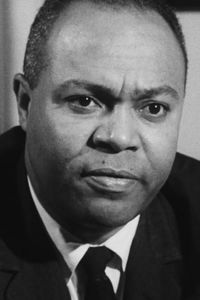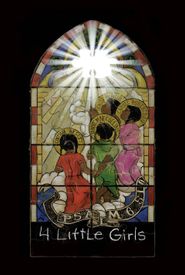James Leonard Farmer Jr. was a trailblazing individual who played a pivotal role in shaping the trajectory of the American civil rights movement, leaving an indelible imprint on the nation's arduous quest for racial harmony and social equity.
Born with a profound sense of purpose, Farmer dedicated his life to combating the injustices faced by African Americans, and his tireless efforts helped to galvanize a movement that would ultimately bring about significant reforms and advancements in the fight for civil rights.
As a key figure in the Civil Rights Movement, Farmer was instrumental in organizing nonviolent protests, boycotts, and sit-ins, which served as a powerful catalyst for change, and his unwavering commitment to the cause earned him a reputation as a fearless advocate for racial equality and social justice.
Throughout his remarkable career, Farmer worked closely with other prominent civil rights leaders, including Martin Luther King Jr., and his contributions to the movement were recognized with numerous awards and accolades, including the Presidential Medal of Freedom.
Farmer's legacy continues to inspire and motivate individuals across the United States and around the world, serving as a powerful reminder of the importance of perseverance, courage, and determination in the pursuit of a more just and equitable society.
---
Person Biography:
James Leonard Farmer Jr. was born on January 12, 1920, in Marshall, Texas. He grew up in a family that valued education and social justice, and his parents instilled in him a strong sense of empathy and compassion for others. Farmer's early exposure to racial segregation and discrimination in his hometown sparked a deep-seated desire to challenge these injustices and fight for the rights of African Americans.
Farmer's academic pursuits took him to Howard University, where he earned a Bachelor's degree in chemistry in 1941. He later earned a Master's degree in philosophy from the University of Wisconsin-Madison in 1954.
Farmer's entry into the Civil Rights Movement came in the early 1940s, when he joined the Fellowship of Reconciliation, a pacifist organization that sought to promote nonviolent conflict resolution. He quickly became involved in various civil rights campaigns, including the 1947 Journey of Reconciliation, a bold initiative that aimed to challenge racial segregation on interstate buses and trains.
Throughout his life, Farmer continued to work tirelessly for the cause of civil rights, and his legacy serves as a powerful testament to the enduring power of nonviolent resistance and the importance of standing up against injustice.

























